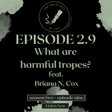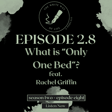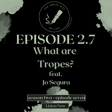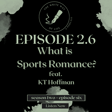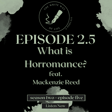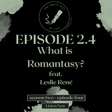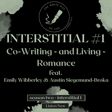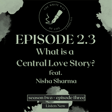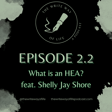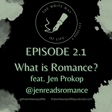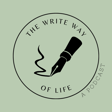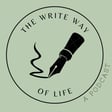
"What is craft integrity?" w/ V.E Schwab
In our finaleepisode for season one, author V.E Schwab, NYT bestselling author of The Invisible Life of Addie LaRue and recently released Bury Our Bones in the Midnight Soil, chatted with us about maintaining craft integrity in the face of commercial success and expectations. We learned about how to find joy in our work even with the pressure of publishing, and about how to keep your relationship with your craft fresh and engaging.
Leave us a comment or a review to be featured on the podcast! Or email us, send us an Instagram DM, or otherwise contact us with craft questions you’d like to hear answered!
Find V.E Schwab online.
Check out V.E Schwab’s books.
Follow the podcast on Instagram or on our website.
Follow Karis on Instagram.
Follow Adi on Instagram.
